While some inventors enjoy fame and fortune thanks to their inventions, for a handful of inventors, their devices proved their own worst enemies. Here are 13 unlucky (and in some cases, foolhardy) inventors who perished thanks to their own creations.
Franz Reichelt or François Reichelt, the Flying Tailor (1879-1912)
This Austrian-born French tailor is remembered for his accidental death by jumping from the Eiffel Tower while testing his own invention, a wearable parachute suit for pilots who would escape from a damaged plane.
The first tests were quite successful with using dummies, so he wanted to jump himself. The 187-foot (57 m) fall to the icy ground killed him instantly.
Horace Lawson Hunley (1823-1863)
Hunley was a Confederate marine engineer who developed hand-powered submarines. On October 15, 1863, though he was not part of the crew, Hunley decided to take command during a routine exercise. The vessel sank and all eight members were killed.
The submarine was later raised an used again in the first successful sinking of an enemy vessel by a submarine, but shortly afterward it sank again. In the summer of 2000, an expedition led by Clive Cussler raised the Hunley and delivered it to Charleston's old Navy base.
William Bullock (1813-1867)
The father of the web rotary printing press and modern printing was killed by his own invention in a bizarre accident. Bullock tried to kick a driving belt onto a pulley but his leg was caught in the machine and crushed. Nine days later, he died during the operation to amputate his crushed limb, which had become infected with gangrene.
Otto Lilienthal, the Glider King (1848-1896)
During his last flight, Lilienthal's glider stalled and he fell from a height of 50 ft (15 m). He suffered a fracture of third cervical vertebra, and died just 36 hours after the crash in a clinic.
Sylvester H. Roper (1823-1896)
The builder of the first motorcycle, the Roper steam velocipede (1867-1869) and one of the earliest automobiles, a steam carriage (1863), died on June 1st 1896 on a late steam velocipede model. He was seen to wobble and then fall onto the track. It is unknown whether heart failure was the cause of Roper's death or if the crash led to the heart attack.
Aurel Vlaicu (1882-1913)
The builder of the first metal plane in the world died while attempting to cross the Carpathian mountains for the first time in the arrow-shaped Vlaicu II airplane on September 13, 1913.
Valerian Abakovsky (1895-1921)
The Latvian-born inventor of the experimental high-speed railcar with an aero engine and propellers named Aerowagon—precursor to the German Schienenzeppelin—died on the return route to Moscow after a successful test. The railcar derailed and killed six passengers.
Alexander Bogdanov (1873-1928)
In 1924, Bogdanov started his blood transfusion experiments, hoping to achieve eternal youth or partial rejuvenation. After eleven transfusions, his eyesight was improved, but a later transfusion killed him: in 1928 he took the blood of a student suffering from malaria and tuberculosis.
Sabin Arnold von Sochocky (1883-1928)
Sochocky invented the first radium-based luminescent paint, and died of aplastic anemia resulting from radium poisoning. By the way, radium was a really popular material in the early 20th century, and it was responsible for the deaths of many people, notably clock dial painters.
Max Valier (1895-1930)
In the late 1920s, rocketry pioneer Valier and Fritz von Opel were working on rocket-powered cars and aircraft. The first successful test firing with liquid fuel was performed in January 1930, and on April 19, Valier performed the first test drive of a rocket car with liquid propulsion.
On May 17, during another test, the alcohol-fuelled rocket exploded on his test bench and Valier was killed.
Thomas Midgely, Jr. (1889-1944)
The inventor of leaded petrol and CFC contracted poliomyelitis in 1940 at the age of 51, ultimately putting him in a wheelchair. Ever the inventor, he developed a pulley system to help others lift him out of bed. Tragically, that very system killed him in 1944 after he became entangled in the ropes.
Henry Smolinski (1933-1973)
Smolinski and his partner, Hal Blake, founded Advanced Vehicle Engineers in 1971 to design and build a flying car. Their first (and only) prototype was the AVE Mizar, which combined a Ford Pinto with a rear end of a Cessna. The wings fell off during a routine flight, killing both of the engineers.
Karel Soucek (1947-1985)
The stuntman went over Niagara Falls in a custom-built, shock-absorbent barrel in 1984.

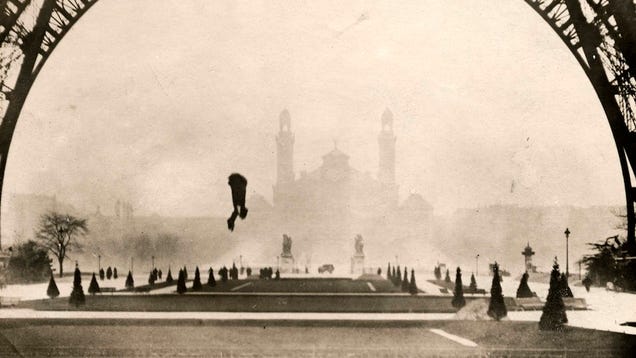
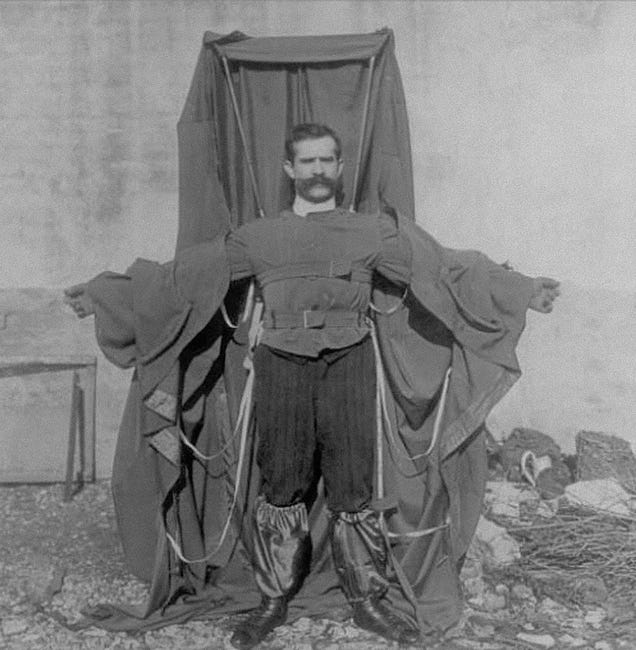
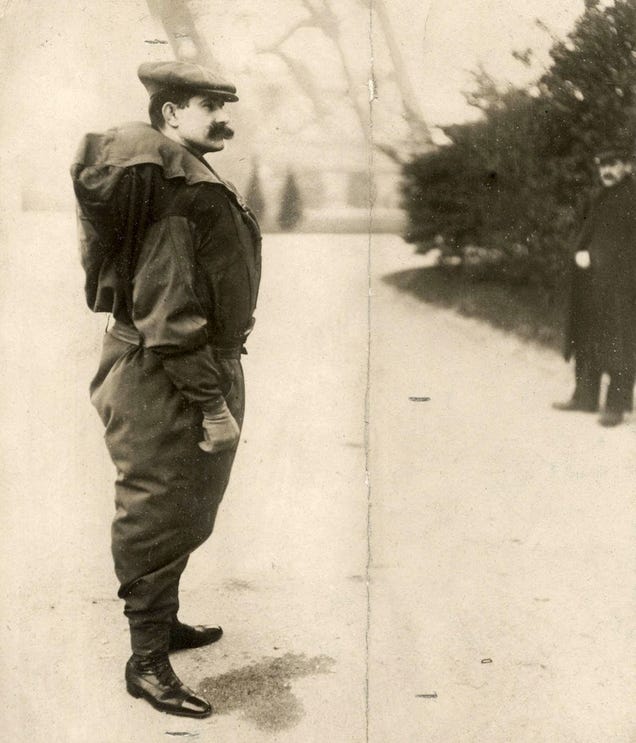
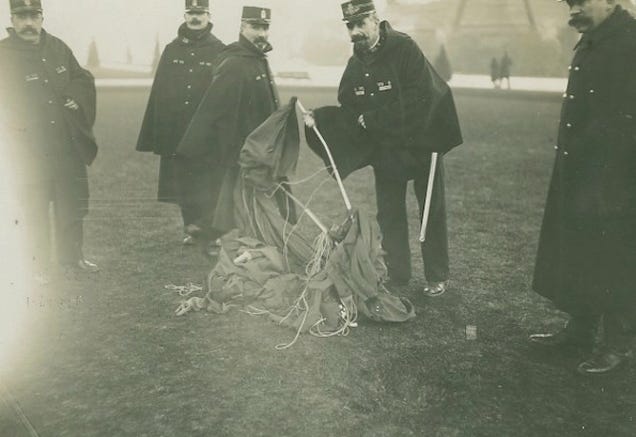
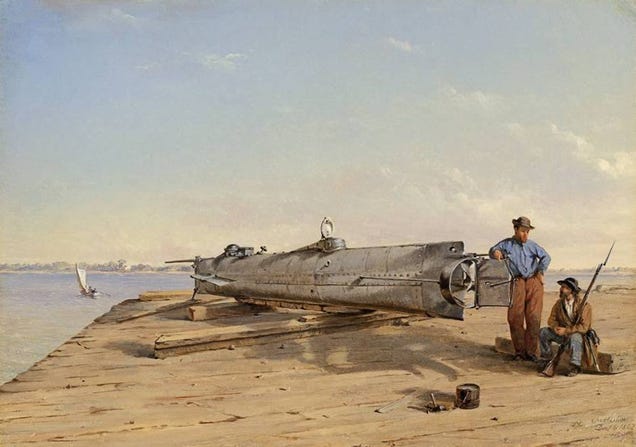
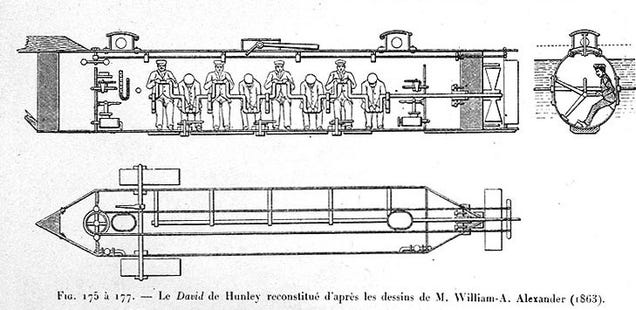
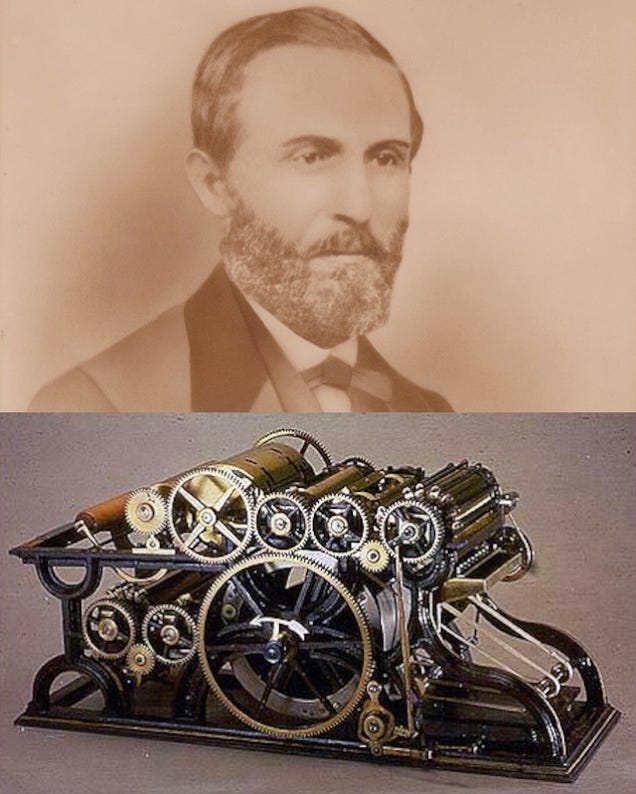
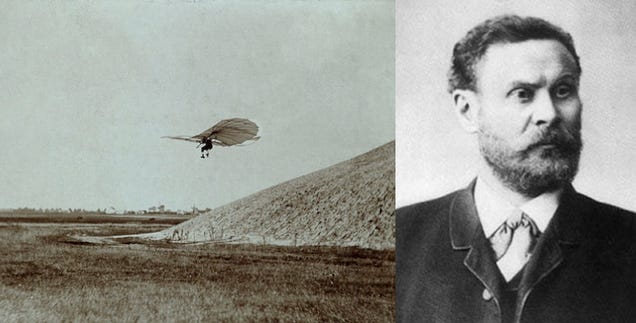
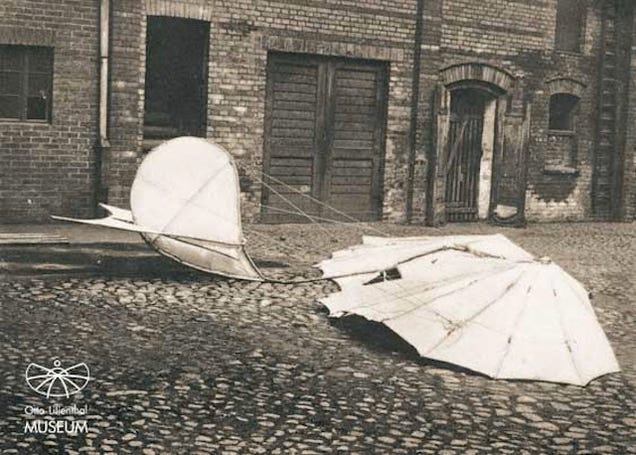
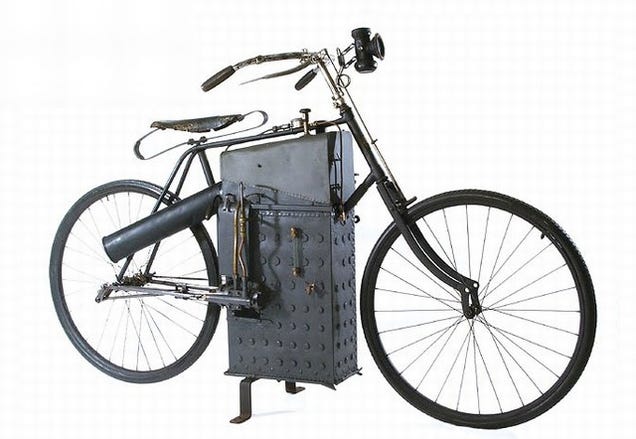
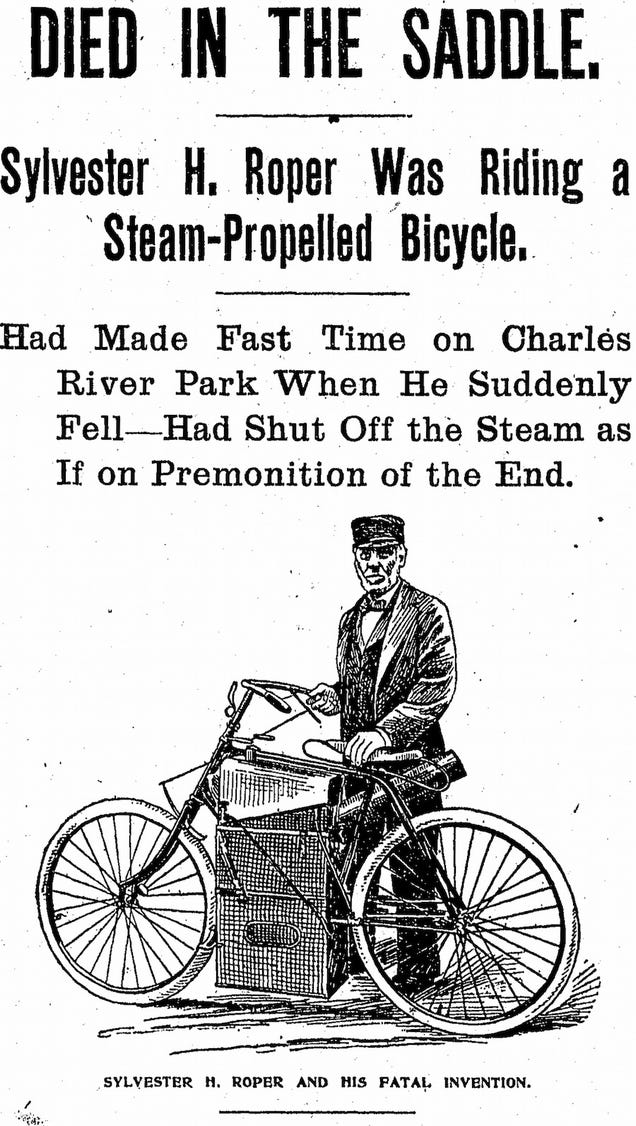
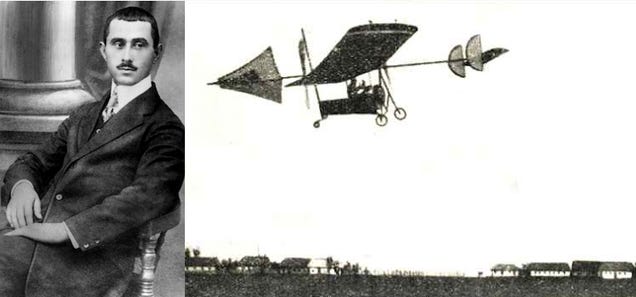
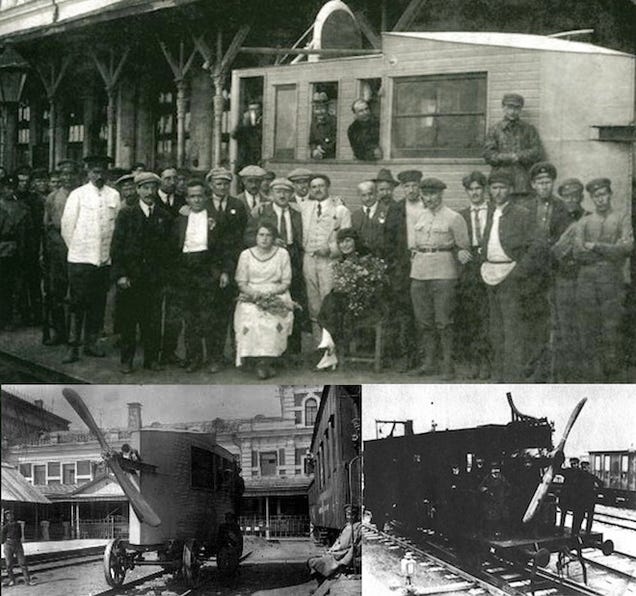
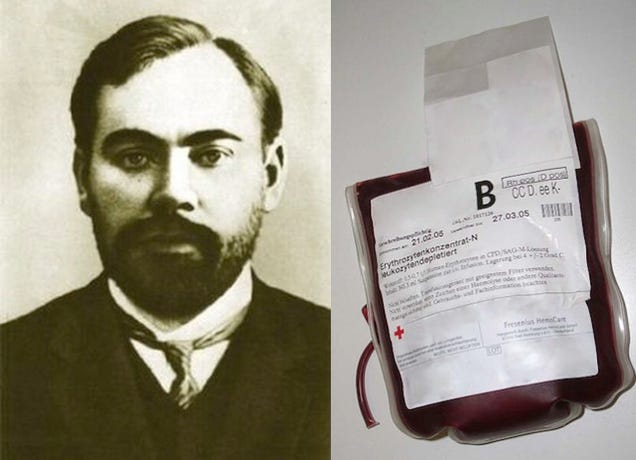
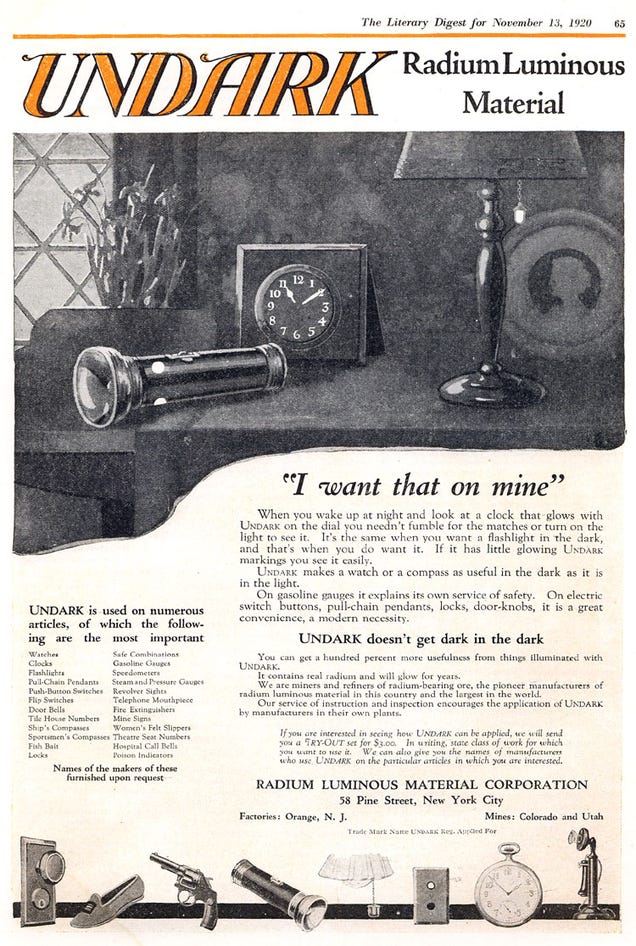
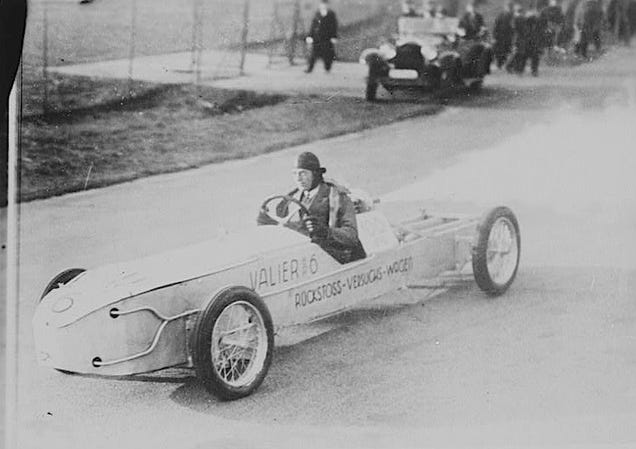
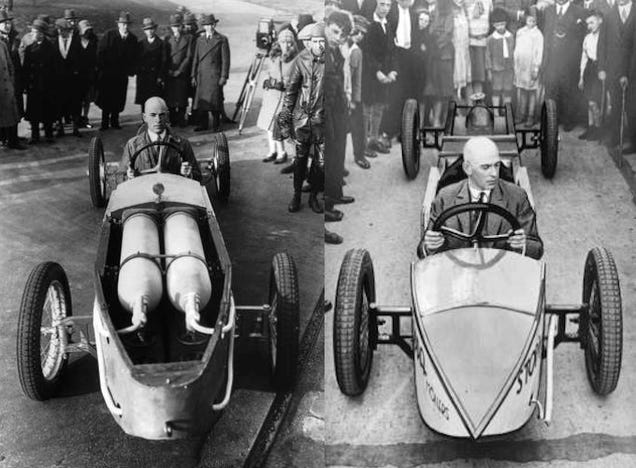
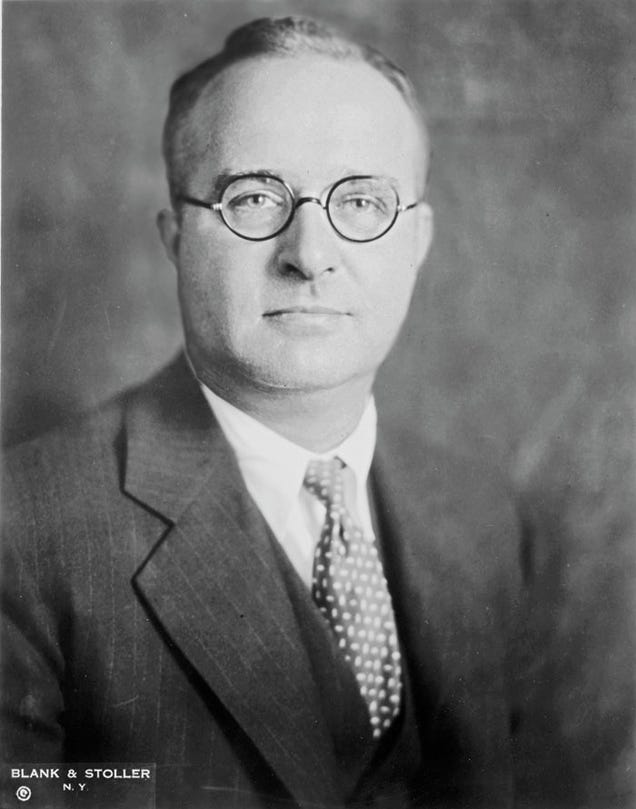

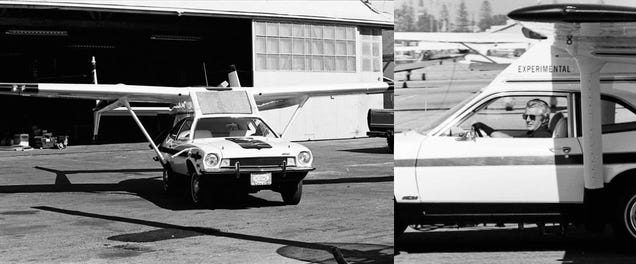

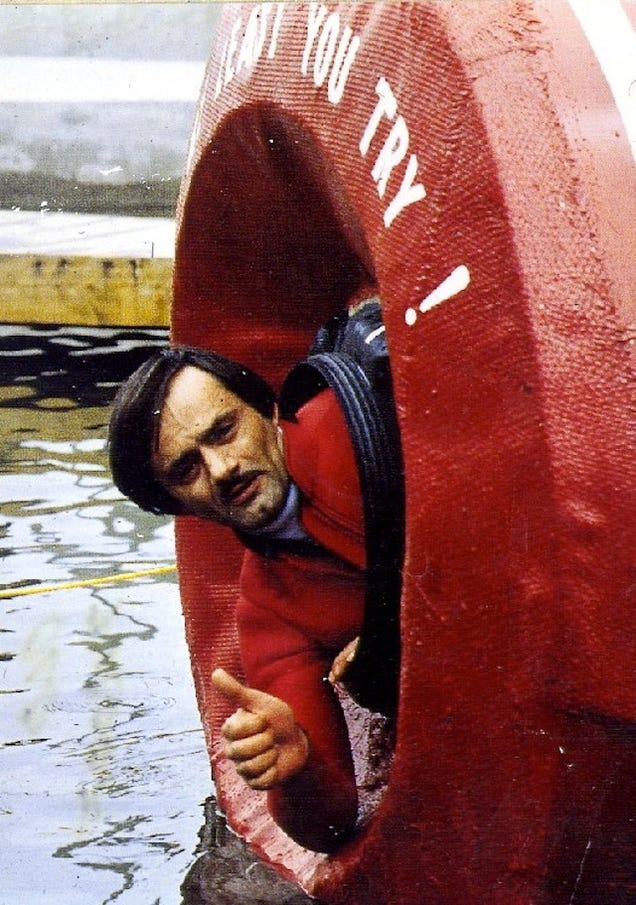
No comments:
Post a Comment